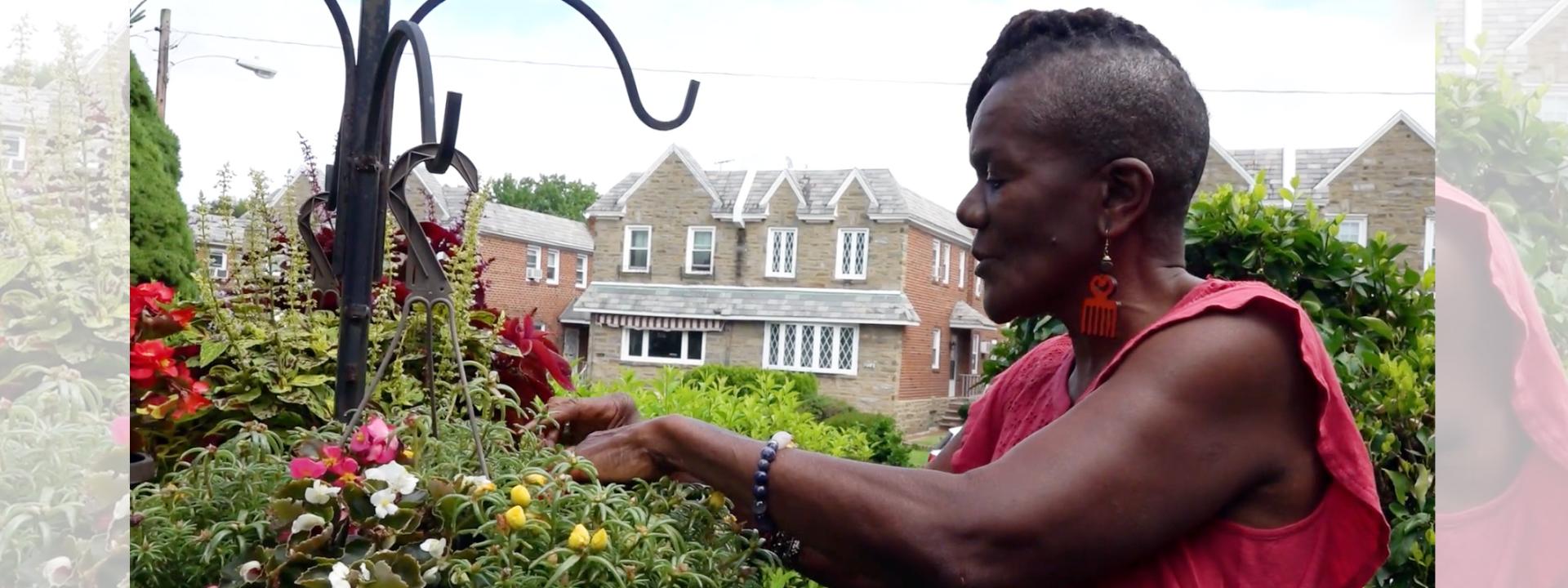First-time filmmaker Asha Molok looks at the experience of Black women living with HIV
Asha Molock has experienced firsthand the challenges created by stigma that affect African American women living with HIV. The first-time filmmaker's new documentary examines through honest conversation the discrimination faced by Black people living with HIV.
Molock’s project, Fuel for the Fire, has been selected for the 20th Annual Women of African Descent Film Festival. Presented by the Brooklyn Chapter of the Links, the film will be streamed via Facebook on June 11, along with the other selected projects. The festival’s goal is to combat misconceptions by reclaiming control over the way Black people are portrayed in the media.
“There are always root causes for that student’s challenges that have to be investigated and addressed. As with HIV, there are root causes for contracting HIV. A person living with HIV should never be blamed, shamed, or stigmatized,” Molock says. She doesn’t see HIV as the problem, but rather the discrimination people living with it face because of false assumptions. Having taught life skills and Home Economics for 29 years, Molock’s time as teacher and caregiver has taught her to analyze the root issues behind a person’s situation. Drawing from Molock’s background, Fuel for the Fire takes an educational approach.
Molock sees the spread of misinformation about HIV as what fuels the fire of stigma, leading to silence. This stops people from disclosing or accessing treatment due to a lack of support, which is what her documentary addresses through open conversations with people living with HIV.
Molock explains how the shame placed on people with HIV is harmful, to themselves and the people they care for. Many Black women living with HIV also care for their families, Molock points out, a caretaker herself. She says that the prejudice that surrounds HIV and prevents people from getting treatment, especially Black women, is also harmful to the wellbeing of the people they’re responsible for. The way to confront this, she says, is through education and dialogue, which is what drew Molock to create the film.
“Storytelling through documentary is an expressive art form that uses words and visuals to tell stories about human experience that make people feel.” Her film spotlights a man arrested for his status, and another woman who was blamed for her HIV diagnosis by her doctor. By allowing people with HIV who have been discriminated against to share their stories and creating discussion, Molock’s project increases awareness and fights back against the shame surrounding HIV.
For more information, go to the Facebook page of the 20th Annual Women of African Descent Film Festival.


